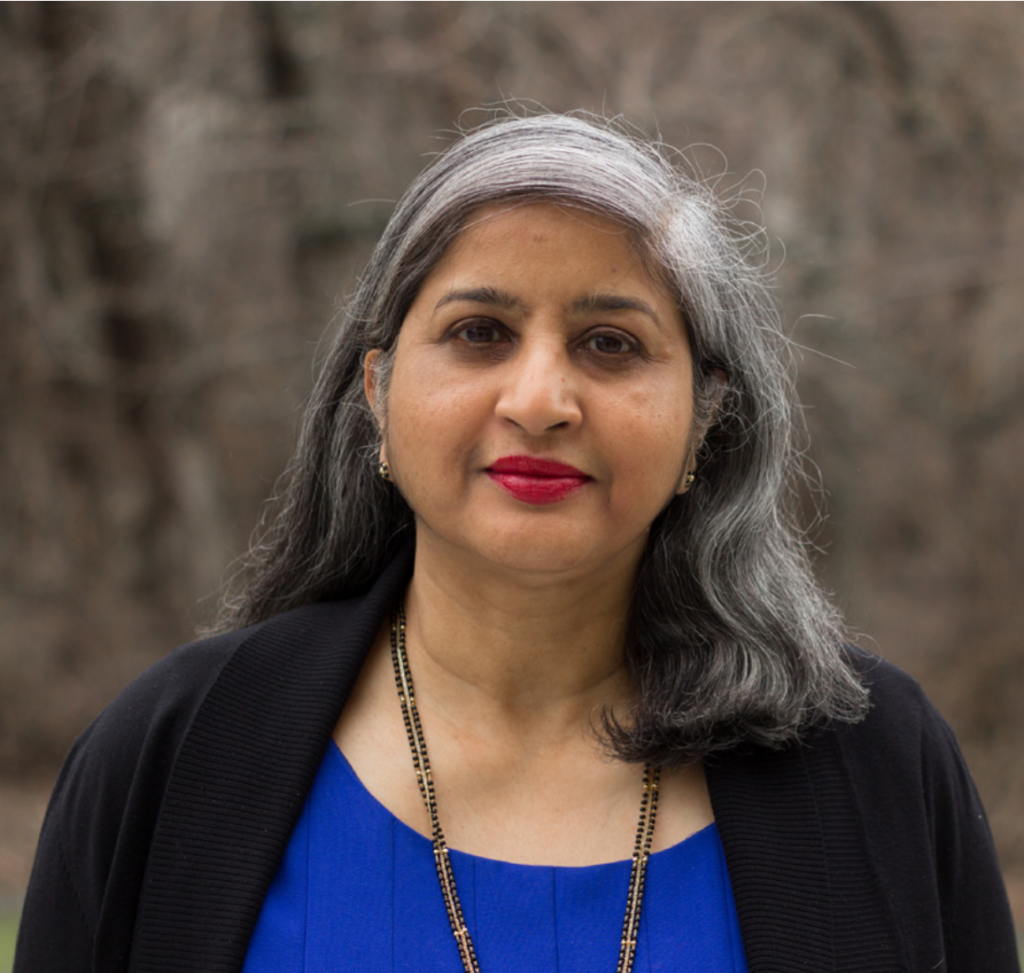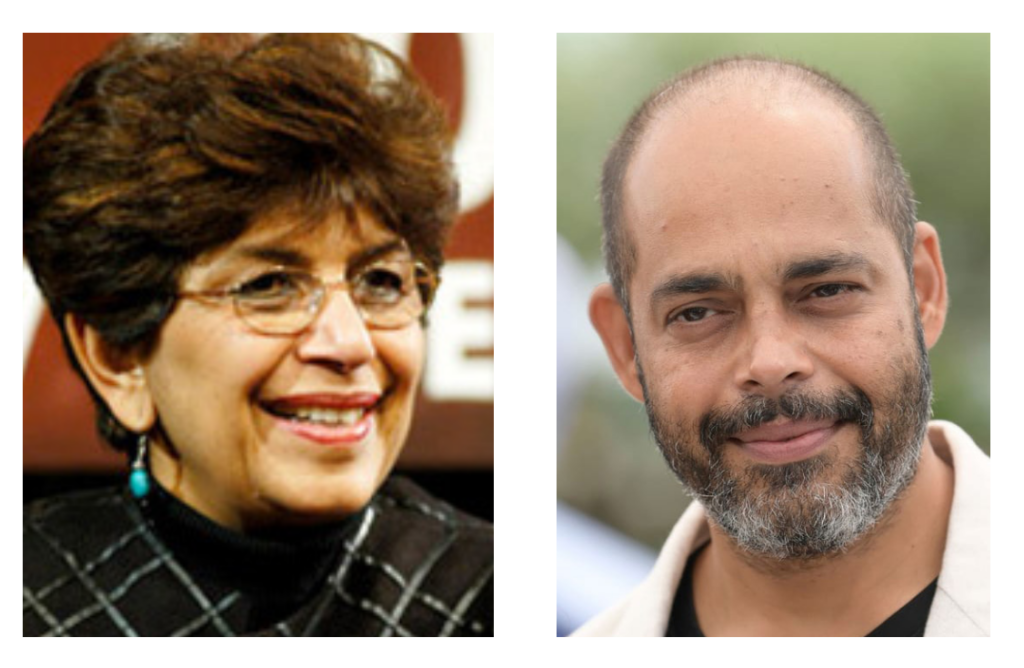SPOTLIGHT ON SEVEN DECADES OF POST-INDEPENDENCE URBAN THEATRE IN INDIA
- Thursday, October 31, 10:30 am–12:15 pm, Madison Ballroom, 2nd Floor
- Organizer and Chair: Aparna Dharwadker, Professor of English and Interdisciplinary Theatre Studies (ITS), University of Wisconsin–Madison.
- Participants: William Quade (Communication Arts), Shrinjita Biswas (ITS), Kehinde Olukayode (ITS), Ali Mansouri (ITS), Rini Tarafder (recent ITS alumna)
- This roundtable addresses the pedagogic challenges that an inherently multilingual, non-Europhone, and non-Western field like Indian theatre offers to both instructors and students in the American graduate classroom. A senior scholar, and doctoral students with four different nationalities (Iran, Nigeria, India, and the US), offer a unique composite portrait of the historical contexts, interpretive approaches, and reading strategies that enable the study of modern/contemporary Indian theatre in the international setting of a US graduate program.
II. Director’s Cut: Generational Perspectives on Contemporary Urban Staging in India
- Friday, 1 November, 10:30 am – 12:15 pm, Madison Ballroom, 2nd Floor
- Organizer and Chair: Aparna Dharwadker, Professor of English and Interdisciplinary Theatre Studies, University of Wisconsin-Madison
- Aparna Dharwadker, “‘An Equal Music’: Playwrights, Directors, and Theatrical Space- Clearing After 1950.”
- Amal Allana (Theatre director, Auteur, Publisher, Archivist, Chair of Alkazi Foundation for the Arts), “Transformative Landscapes: Negotiating the Indian Metropolis”
- Mohit Takalkar (Independent Theatre Director), “The National Reach of ‘Regional’ Theatre: One Director’s Response to the Millennial Moment”
- This panel brings together a scholar of Indian theatre with two leading contemporary theatre directors for an in-depth discussion of the director’s role in post-independence theatre, and the extent to which a neoliberal national economy has altered the conditions of performance and reception in urban India since the 1990s. Dharwadker will discuss the fundamental reconceptualization of the director’s art after 1950 which by now has shaped four generations of professionals. Acclaimed directors Amal Allana and Mohit Takalkar will reflect on their respective locations, languages, forms, and audiences, offering suggestively complementary and contrasting generational perspectives on what it means to be a director in the post-independence Indian metropolis.
III. Holding Time Captive: A Multimedia Celebration of the Life and Legacy of Theatre Director Ebrahim Alkazi (Free and Open to the Public)
- Friday, 1 November, 6:30-8:30 pm, Wisconsin Ballroom
- This multimedia event celebrates the publication of Holding Time Captive (Penguin, 2024), a “compelling” biography of acclaimed theatre director Ebrahim Alkazi by his daughter Amal Allana, and also uses the occasion to commemorate Mr. Alkazi’s signal contributions to the field of contemporary Indian theatre. In her comprehensive and lavishly illustrated biography, Ms. Allana, a leading director since the 1970s, has drawn together personal memories, institutional history, cultural commentary, and political insights into a chrono- logical narrative that is also a singular account of the transformations in theatre after 1947.
- Moderated by Aparna Dharwadker (UW Professor of English and ITS), the program for the evening will include two films on Ebrahim Alkazi; the performance of excerpts from the biography by professional actors Sonam Kalra and Joy Sengupta; a formal book launch by Professor Gyan Prakash (Princeton University); concluding remarks by Amal Allana; and an open discussion with the audience.
These events are generously supported by the Anonymous Fund, the Center for South Asia, the Department of English, and the Program in Interdisciplinary Theatre Studies. For more information, contact Aparna Dharwadker at adharwadker@wisc.edu.

